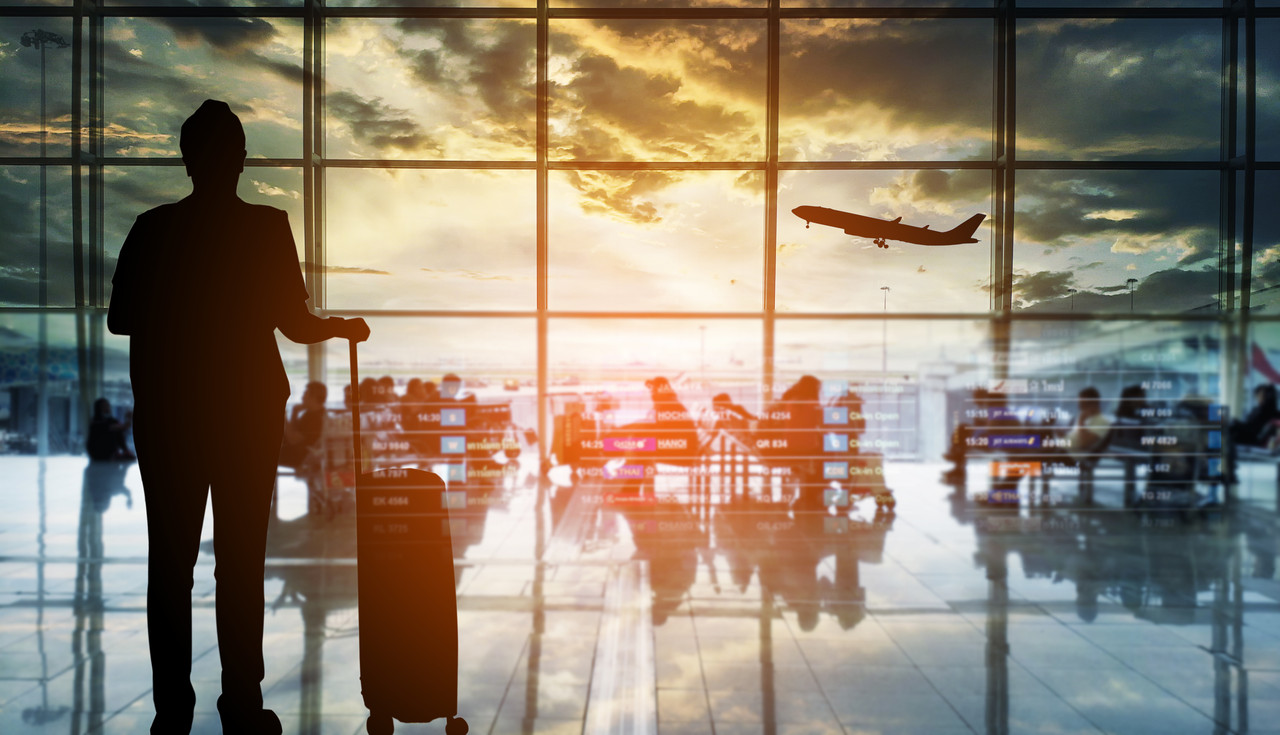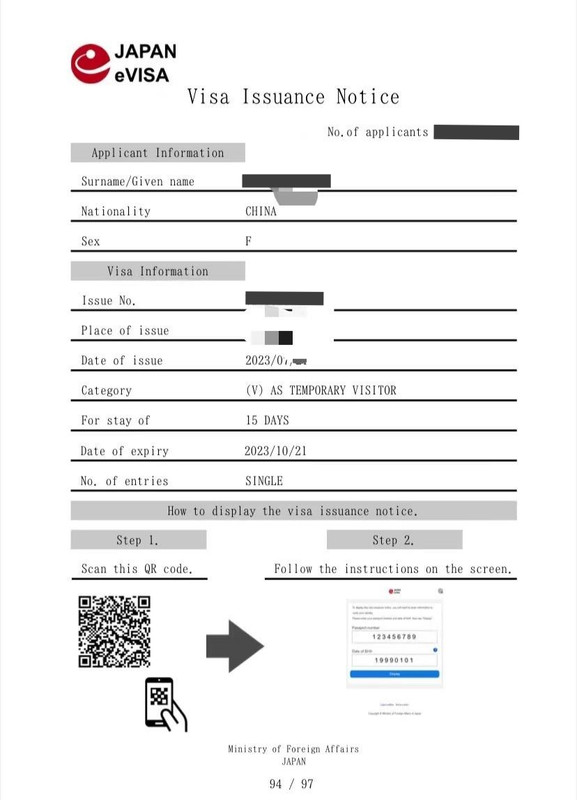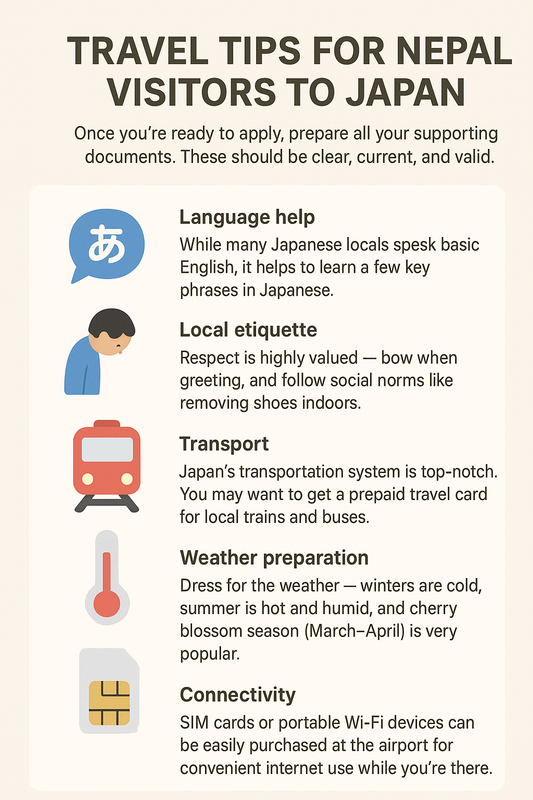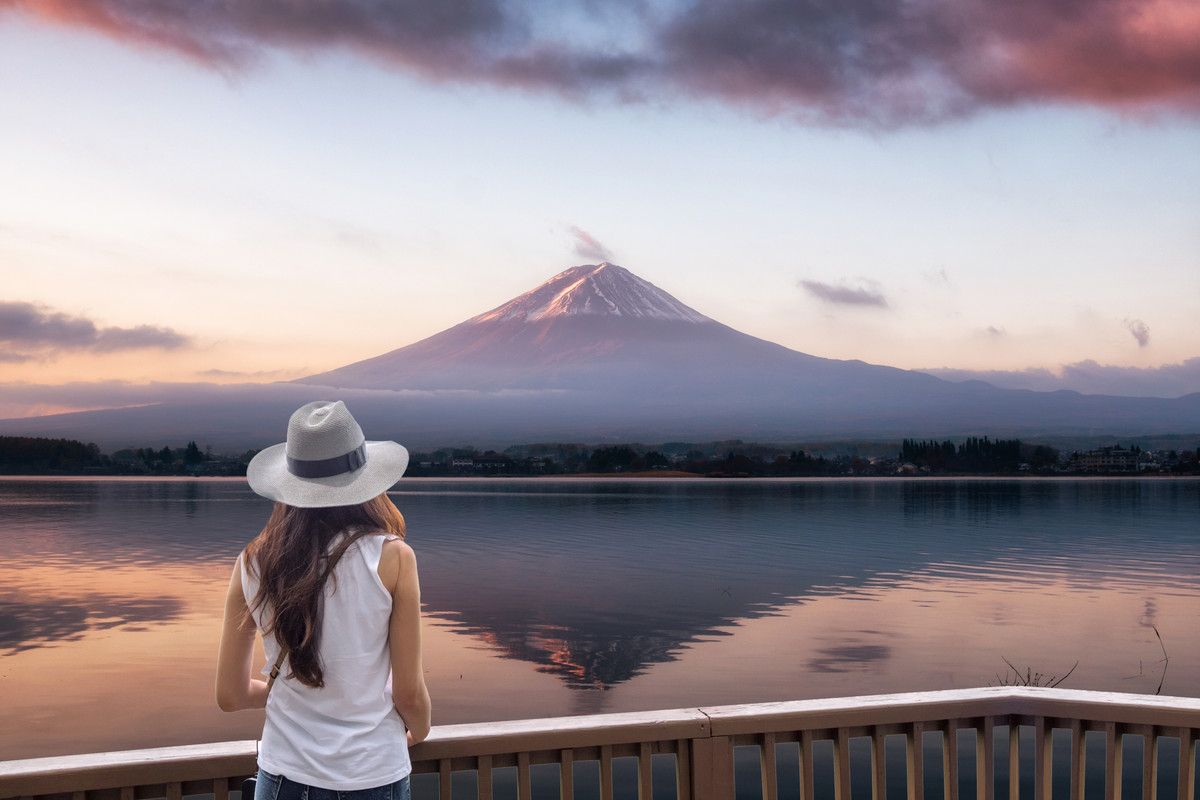Japan has long been a dream destination for travelers worldwide, and if you’re a citizen of Nepal planning to visit the Land of the Rising Sun, this guide is for you. Navigating visa applications can be stressful, but Japan’s eVisa system aims to make the process more accessible and convenient.

Fortunately, Japan now provides a streamlined eVisa (Electronic Visa) process, allowing easier online application for qualified travelers. Here, you'll find all about the Japan eVisa for Nepal passport holders, from what it is and Apply for Japan eVisa Application , to required documents and advice to smooth your passage and reduce stress.
What is the Japan eVisa?
The Japan eVisa is a digital travel authorization permitting qualified foreign nationals to travel to Japan for temporary visits. It is one step toward Japan's shift toward a more efficient, paperless immigration system. Rather than sending printed documents to a consulate or embassy, qualified candidates can now apply online and obtain a digital visa. This is meant to make it easier to travel — no endless queues at the embassy, fewer forms, and quicker processing.

Is the Japan eVisa available to Nepal Citizens?
The people of Nepal are eligible to Apply for Japan eVisa, and based on the latest information and eligibility, they can apply using the eVisa system for some purposes of short-term traveling. Although the entire online system is coming into place phase by phase, most Nepal visitors can take advantage of simplified procedures now possible for tourism and visiting relatives.
The eVisa is mainly for:
- Short-term tourism
- Meeting friends or relatives
- Visiting short functions or cultural events
You will require a different category of visa and a more complex application procedure if you are traveling for study, work, or long stay.
Documents Required for the Japan eVisa
Once you're ready to apply, prepare all your supporting documents. These should be clear, current, and valid.

Here's what you usually need:
- Valid Nepal passport (with at least 6 months validity and blank pages)
- Recent passport photograph (white background, clear face view)
- Itinerary flight (return or one-way journey confirmation)
- Hotel reservations or evidence of lodging
- Travel itinerary or day-to-day plan in Japan
- Evidence of ample financial resources (e.g., bank statements or proof of employment)
- Letter of invitation (for visiting relatives/friends or events)
- Always double-check that your documents are current and identical to your application information.
Step-by-Step Guide: Applying for Japan eVisa from Nepal
The procedure is straightforward, but precision matters. This is how Apply for Japan eVisa for Nepal Citizens can apply:

- Gather All Necessary Documents
Scan or take clear photographs of your passport, photo, and all other supporting documents. Ensure they are legible and well-formatted.
- Complete the Online Application Form
Fill in your details, travel information, and reason for visit. Double-check all information, particularly passport number and name, as this may delay or even invalidate your application.
- Upload Supporting Documents
Add scanned copies of your passport photo page, your picture, and other listed documents.
- Submit the Form
Following checks of the form and uploaded documents, submit your application for processing.
- Wait for Approval
Processing periods can differ but are typically a few working days. You'll get notification of your application progress through email or your account.
- Get Your eVisa
After approval, your eVisa will be sent to you electronically. Print one to bring with you on travel, or save a digital one on your device or phone.
Airport Happenings
At the airport when you reach Japan:
- Show your passport and printed eVisa
- Immigration officers may ask about your travel plans or accommodation
- Have your return ticket and hotel reservations handy
- Cooperate politely, and you’ll be stamped in for your stay
Travel Tips for Nepal Visitors to Japan
Language help: While many Japanese locals speak basic English, it helps to learn a few key phrases in Japanese.

- Local etiquette: Respect is highly valued — bow when greeting, and follow social norms like removing shoes indoors.
- Transport: Japan's transportation system is top-notch. You may want to get a prepaid travel card for local trains and buses.
- Weather preparation: Dress for the weather — winters are cold, summer is hot and humid, and cherry blossom season (March–April) is very popular.
- Connectivity: SIM cards or portable Wi-Fi devices can be easily purchased at the airport for convenient internet use while you're there.
What You Can and Can't Do on a Japan eVisa
With a Japan eVisa, Nepali nationals are able to:
- Travel in the country for vacation and sightseeing
- Participate in cultural activities or ceremonies
- Visit relatives or friends for temporary stay
- Walk around major cities such as Tokyo, Kyoto, Osaka, Sapporo, among others
You do not:
- Take up paid work
- Enroll in long-term studies
- Remain for an extended period beyond the allowed time
- Change the eVisa status to another visa type while in Japan
Duration of Stay
The eVisa usually caters for a short stay of 90 days or less, but double-check to be sure of the duration on your issued visa. Overstaying your authorized period may attract penalties, deportation, or even visa bans in the future — so book your return sensibly.
Key Tips for Nepal Travelers
- Book in advance — don't leave it to the last minute. It takes a few days to process, and things may slow down.
- Be truthful — respond to all questions honestly. Misrepresentation may result in denial.
- Be well-informed — visa regulations are subject to change, so investigate for the latest details as you make arrangements.
- Respect local laws — Japan is exceptionally safe, but it also expects tourists to respect rules and customs.
Why Japan is Worth the Visit

From its night-lit cityscapes to tranquil countryside, Japan is a land that fuses tradition with contemporary existence like no other. Whether you're drinking matcha in an serene Kyoto tea house or visiting tech centers in Tokyo, each day is another adventure.
Some of the highlights to include in your schedule:
- Mount Fuji day trip
- Shinkansen experience (bullet train)
- Arashiyama Bamboo Grove in Kyoto
- Sapporo in Hokkaido (particularly in winter)
- Classic Ryokan accommodations with hot springs (onsen)
Conclusion
Traveling to Japan as a Nepali passport holder is a thrilling prospect — and with the eVisa scheme, it has never been simpler. By reading this guidebook, getting your paperwork in order, and applying ahead of time, you'll be ready to experience the rich culture, stunning scenery, and friendly hospitality that Japan is renowned for.